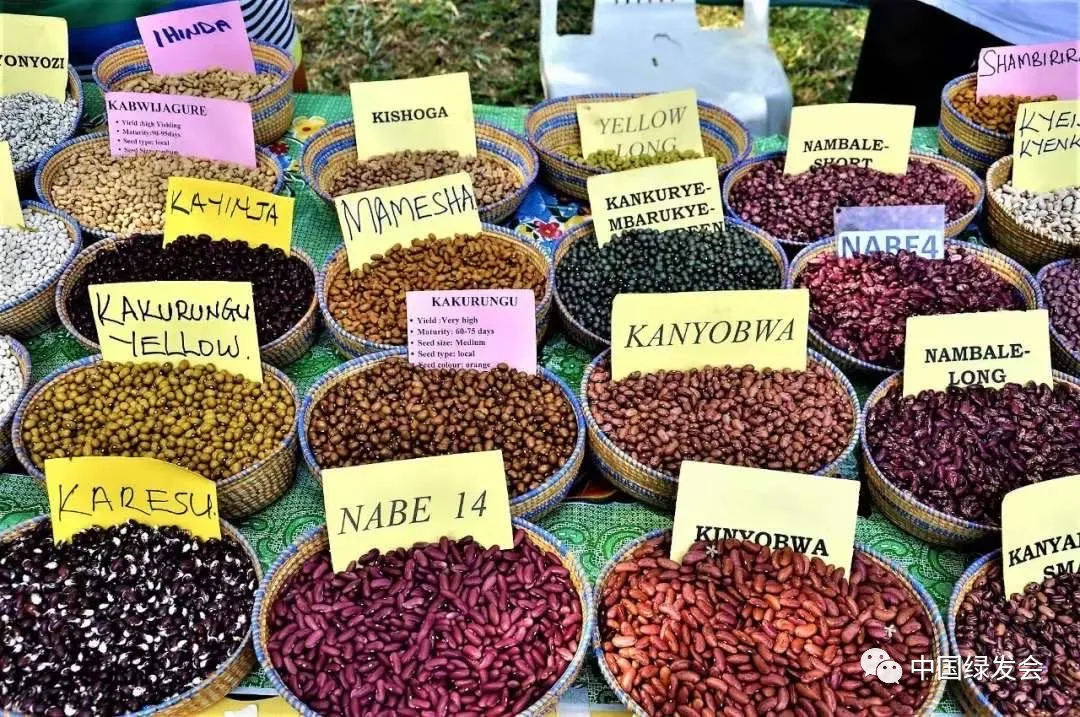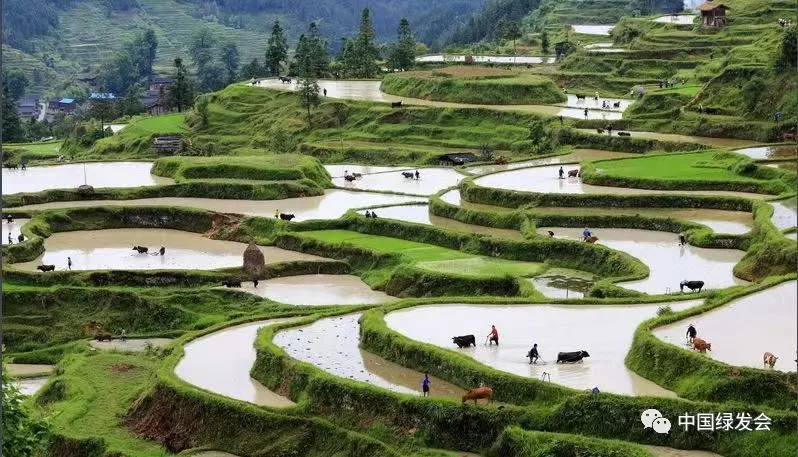Preface: The food demand and production capacity of human beings are increasing day by day, while the variety of food is shrinking rapidly. According to a report released by the Food and Agriculture Organization of the United Nations (FAO) in 2019, nearly 7.6 billion people around the world mainly rely on nine crops, including sugar cane, corn, wheat, rice, and potato, for survival, and a large number of food germplasm resources are disappearing rapidly. Given this, CBCGDF Eco-Community Fund suggests that national or regional seed banks should be actively established to support and encourage the collection of seeds in public at the NPC and CPPCC in 2021.

In December 2020, the Central Economic Work Conference held in Beijing made it clear that "solving the problem of seeds and arable land" is one of this year's eight key tasks.
The meeting stressed that implementing the food crop production strategy based on farmland management and technology is the key. The protection and utilization of germplasm resources and the construction of seed banks should be strengthened. We should respect science, strictly supervise and promote the industrialization of biological breeding in an orderly manner.
Content: China is one of the original centers of crops globally, with a vast territory and rich biodiversity. Previously, there were 48,000 rice germplasm materials and 20,000 wheat germplasm materials in China. However, now there are only 50 varieties of rice, soybean, and wheat, and more than 30 varieties of corn, which are mainly promoted in China. The main reason for the rapid decline of these germplasm resources is that many seeds are imported from abroad or provided by foreign enterprises enters the front line of agricultural planting. Simultaneously, many "indigenous varieties" in China have been eliminated by-products under hybridization, transgenic technology, and so on. However, from a scientific and genetic perspective, it is worth noting that these "soil varieties" are of great value. On the other hand, with the further improvement of people's living standards, the consumer groups of original ecological soil varieties also show a further expansion trend, and the price and benefits are gradually appearing.

At present, the country has the idea of building a seed bank, and there is also the famous Svalbard seed bank in the world. The benefit of this kind of centralized storage management is evident. From another point of view, there are also unsafe critical factors in this centralized storage.
In this regard, we propose the following four suggestions:
1. Support and encourage the cultivation of seeds from the people, and establish scattered seed banks or seed networks in various places. The original seeds will be scattered in the people, reserve in the vast countryside and people. In a town or county where conditions are suitable, a small space can be set up to build a museum of old seeds on the ground, which can be used for education research and seed exchange and storage in practical operation. The state can promote the establishment of a national old seed rescue network, forming a three-dimensional network of "database + seed bank", "scientific research + practice", "farmers + citizens", "labor + art", "seed conservation + talent training", to change the current situation of the old seed conservation was done respectively. This work can be delegated to national social organizations such as the CBCGDF.
2. Under the controllable premise, support the exchange and trade of old seeds among the people. It is suggested that the exchange and trade of old seeds should be opened orderly under the participation and management of national social organizations to promote the flow of old seeds among the people.
3. Increase publicity, promote the transformation of the whole people's ecological lifestyle and improve farmers' economic benefits who produce old varieties.
4. Intensify scientific research guidance so that the yield and economic benefit of old varieties can be significantly improved under the ecological planting mode.
Note: All images are provided by Eco-Community Fund
Translator/ Syying C
Original Chinese article
https://mp.weixin.qq.com/s/RRV_wIjukihYNdv1E0a9bg
Contribution
https://www.paypal.me/CBCGDFChina
http://www.cbcgdf.org/English/ConfirmDonaTion/0.html
